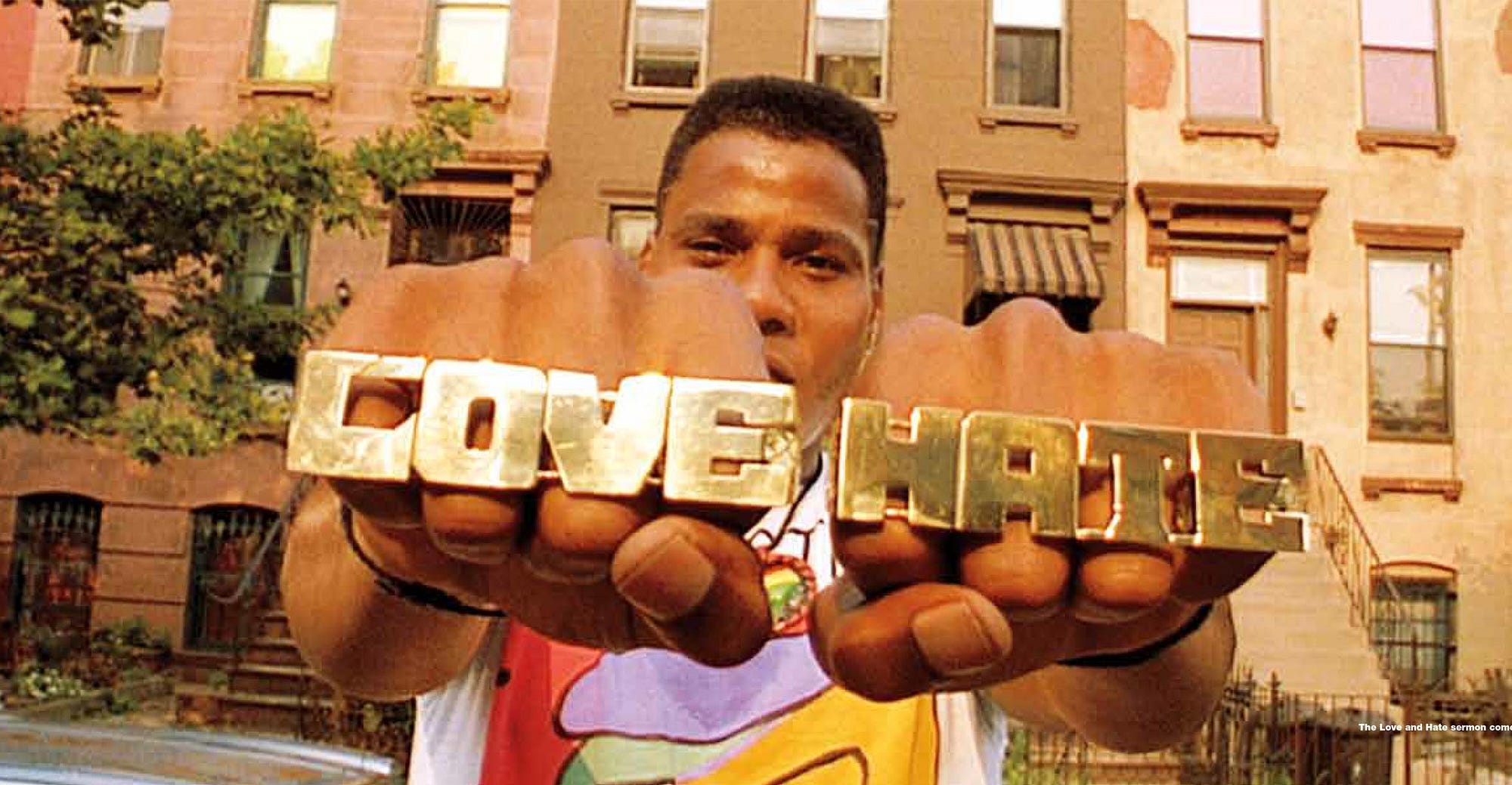I was reading the Wikipedia entry for Michelangelo Antonioni's 1960 film L'Avventura, and noticed something off. Throughout the page, there are indications of the film's seemingly unfettered success, but only a brief mention of its initial condemnation. At its international opening at the 1960 Cannes Film Festival, the film was booed intensely. This is the only paragraph that mentions the incident:
Released in 1960, the film was booed by members of the audience during its premiere at the Cannes Film Festival (Antonioni and Vitti fled the theater); but after a second screening it won the Jury Prize[16] [2][3][17] Gene Youngblood has stated that audience members usually booed during long sequences where nothing happened to further the film's plot, but has asserted that "quite a lot is happening in these scenes."[9] Youngblood described the trilogy of which L'Avventura is the first component as a "unified statement about the malady of the emotional life in contemporary times."[18]
I feel this is inadequate and causes the representation of the film's reception, in the article as a whole, to be more one-note than it was in reality. I have added information and added some of the original writing to fully explain, so here is the section I would replace it with.
Despite the film's eventual lionization by film scholars, the film received a harsh reception at its opening at the Cannes Film Festival in May. It is one of the festival's most notorious reactions. According to Vitti, "the screening of Cannes was a real-life drama." From the opening titles, despite the film's serious tone, laughs erupted in a dark theater packed with critics and photographers. Laughs continued through the runtime, joined by boos. Gene Youngblood has stated that audience members usually booed during long sequences where nothing happened to further the film's plot, but has asserted that "quite a lot is happening in these scenes."[9] Antonioni and Vitti, who claimed she was sobbing, fled the theater.The next day, however, the filmmakers were sent a list of signatures from established filmmakers and writers who declared that L'Avventura was the best movie screened at Cannes. After a second screening, the film went on to win the Jury Prize[16] at the same festival, and went on to international box office success and what has since been described as "hysteria." Youngblood described the trilogy of which L'Avventura is the first component as a "unified statement about the malady of the emotional life in contemporary times."[17]
Expanding this story emphasizes one of the most controversial events at the world's most famous film festival. The initial reception of the film is as telling as its current prestige, though initially the article gave it little regard. L'Avventura is a bold and daring film that, according to film scholars, changed the landscape and techniques of filmmaking as much as any film that had come before it. Antonioni was a devotee of cinema's history, but never an acolyte. He is a true auteur and an iconoclast, accordingly with his fair share of detractors who may call him cold, boring, posturing, once intellectually chic and now passé.
This is a minor division of people, but it does exist, and the Cannes incident contextualizes that. The incident also calls into question the nature of public, and private, reception of art in general. Are the first audiences, swift to myopic and reactive opinions, your best source of information? Is your first viewing of a movie especially reliable, given how quickly the opinion of L'Avventura changed?
Think about these things as summer film festivals are rounding out and the tsunami of public opinion rushes through the internet.


No comments:
Post a Comment